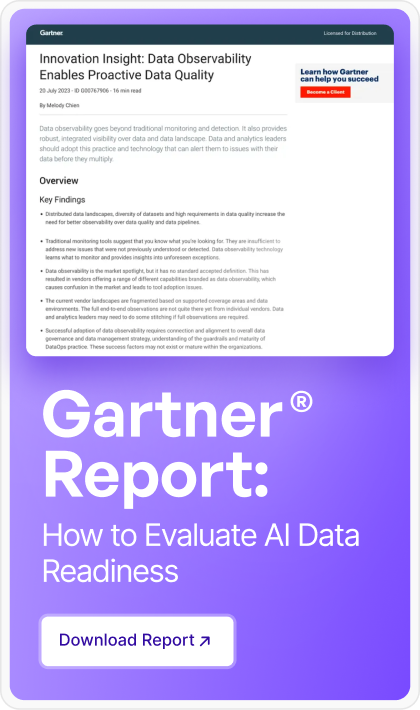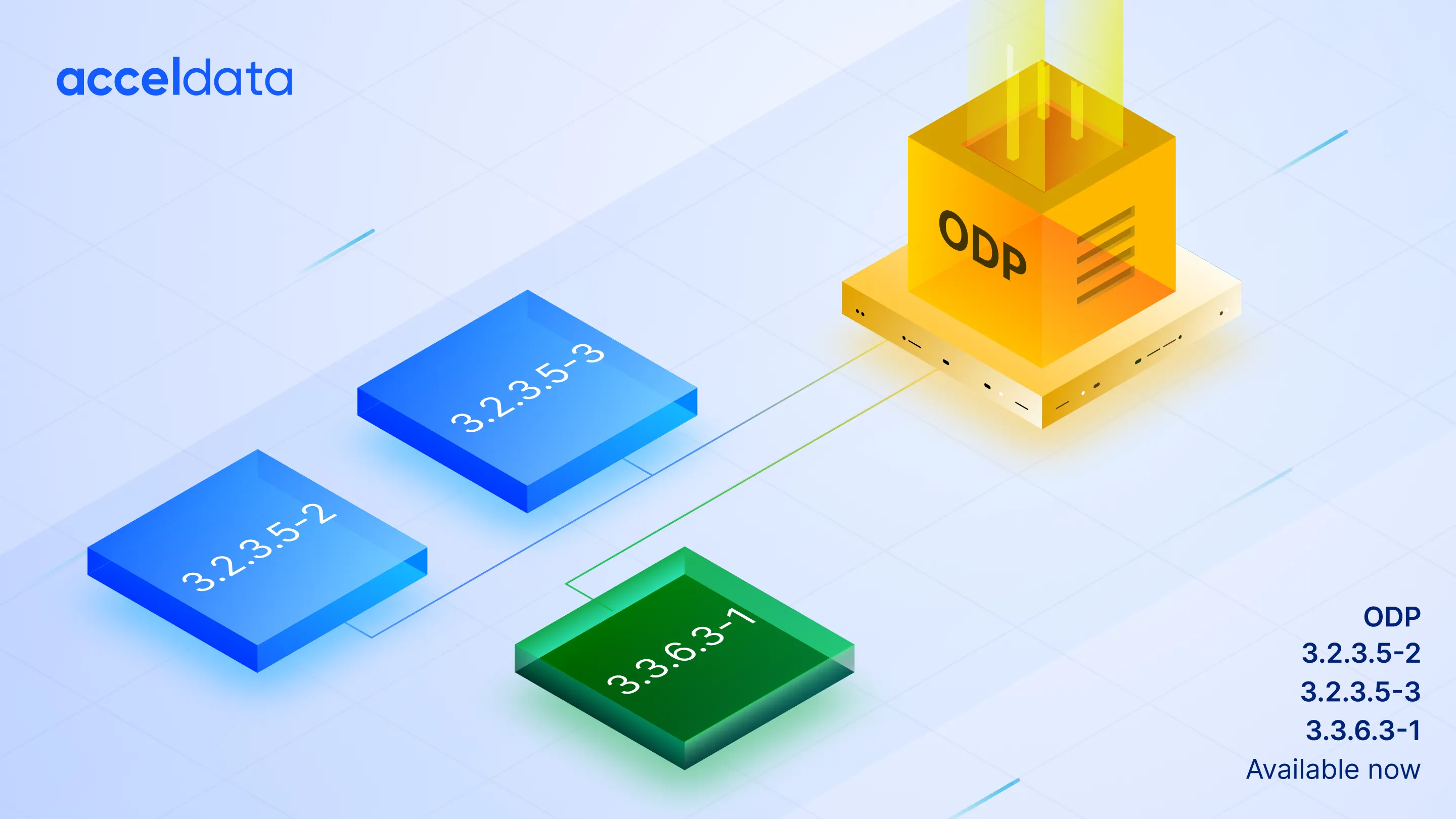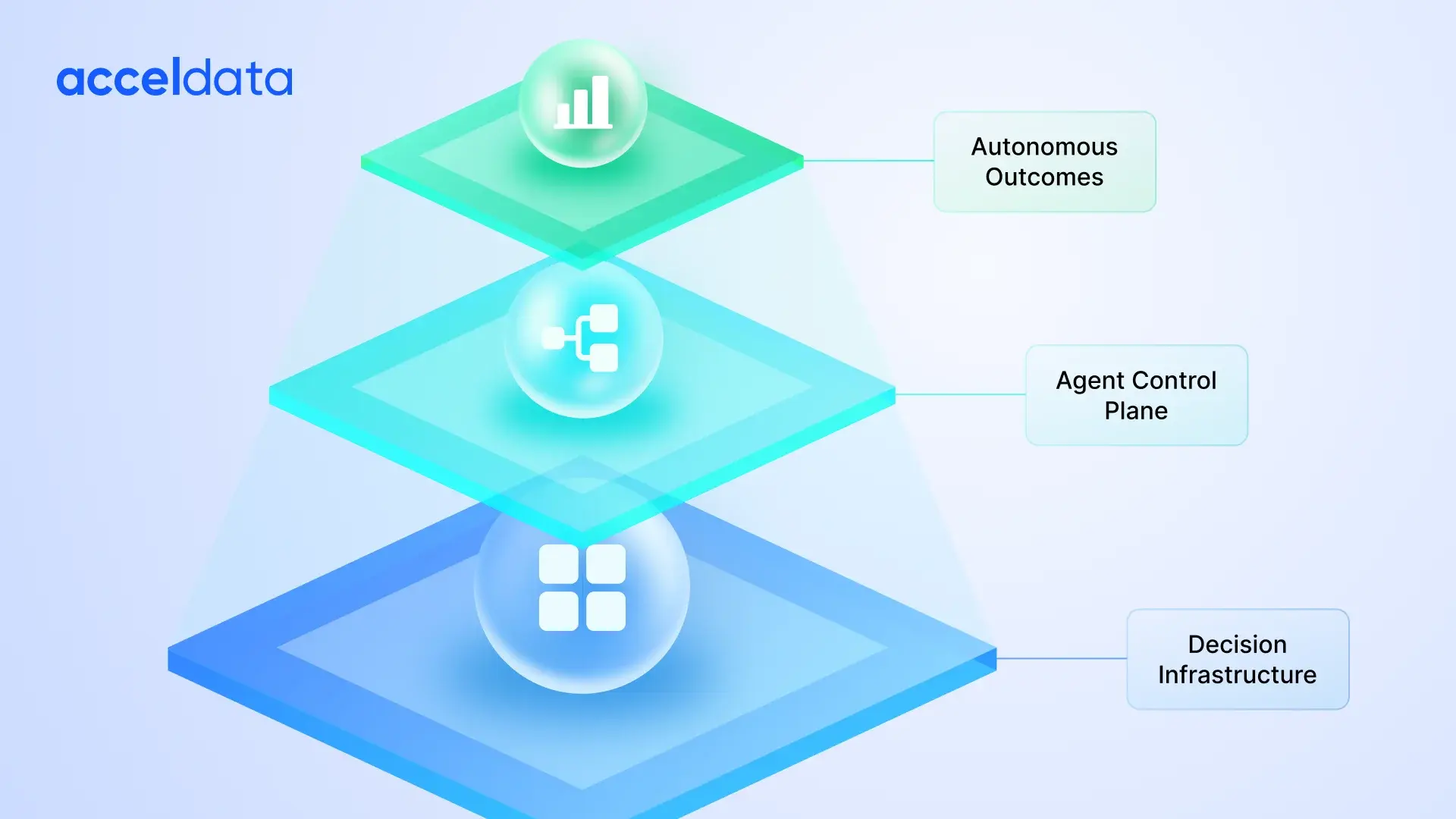Data governance might appear to be a buzzword; however, the subject is anything but trivial. According to Fortune Business Insights, the global data governance market was valued at $3.66 billion in 2023 and is projected to reach $19.86 billion by 2032, with a CAGR surpassing 20% during the period.
This article explores how leading enterprises successfully implement data governance to drive business growth. It provides practical advice, strategic plans, and essential tools to help businesses maintain data accuracy, security, and legal compliance.
Understanding Data Governance
Data governance refers to the process of managing the usability, reliability, accuracy, and security of data present in enterprise systems. It is a set of procedures and principles that ensures high-quality data throughout the complete data lifecycle.
According to Gartner, data governance refers to the specification of decision rights and an accountability framework that ensures appropriate behavior in the valuation, creation, consumption, and control of data and analytics.
Core Components of Data Governance
It's essential to understand the core components of data governance to ensure that data is properly managed, secured, and aligned with business and compliance objectives. The following key components form the foundation of effective data governance:
- Data governance framework: Establishes rules for managing, accessing, and protecting data, which helps maintain regulatory compliance and data accuracy
- Data governance strategy: Aligns data management practices with business goals
- Master data governance: Ensures consistency and quality across the organization
- Data quality management: Maintains data accuracy, thus addressing the substantial costs associated with poor data quality
- Data security and privacy: Protects data from unauthorized access and ensures regulatory compliance
Growing Importance of Data Governance
According to a recent report by Gartner, around 80% of organizations planning to scale their digital business are likely to fail by 2025 due to the lack of a modern approach required for data governance.
Effective data management is essential for supporting business growth and navigating the complexities of the digital landscape. Data governance is crucial for managing data usage, ensuring compliance, and maintaining high data quality. It enables organizations to leverage their data assets effectively and make informed decisions.”
Key Drivers of Data governance
As data governance becomes increasingly important, several factors are reinforcing its vital role in maintaining competitive advantage and ensuring regulatory compliance. Understanding the following drivers is key to recognizing why organizations prioritize robust governance practices:
- Regulatory compliance: Implementation of stringent regulations such as GDPR is prompting companies to adopt comprehensive data governance. For instance, the IAPP reports that 60% of organizations have increased their investment in data governance due to compliance needs with the introduction of the General Data Protection Regulation (GDPR) in the EU.
- Data-driven decision-making: Companies are increasingly using data to guide their decision-making process. According to a McKinsey study, data-driven organizations are 23 times more likely to acquire customers.
- Data quality and integrity: High-quality data is essential for gaining actionable insights and improving business outcomes. Experian’s report reveals that poor data quality costs organizations an average of $15 million annually. This underscores the need for robust data governance to maintain data accuracy and integrity.
- Competitive advantage: Effective data governance provides a competitive advantage by improving analysis and accelerating response to market changes. For instance, Netflix leverages data governance to manage and analyze user data, personalize content recommendations, and drive subscriber retention and growth.
- Operational efficiency: Streamlined data governance practices boost operational efficiency by minimizing data redundancy and improving access. According to a Deloitte survey, organizations with well-established data governance programs experience a 30% decrease in data-related operational costs.
Lessons from Leading Enterprises
Significant growth in the global data governance market underscores the rising importance of a comprehensive data governance framework in the current business landscape. Effective data governance strategies enable organizations to remain competitive.
Here are key lessons drawn from the leading enterprises:
Lesson 1: Align data governance with business goals
Aligning data governance with business objectives ensures that data supports strategic initiatives. JPMorgan Chase integrates data governance into its risk management framework to ensure regulatory compliance and enhance operational efficiency.
Similarly, Acceldata assists companies in streamlining their data governance practices to align with their business goals and improve performance. Thus, effective data governance is crucial for leveraging data to drive business value.
Actionable tip: Ensure your data governance framework is aligned with business objectives to maximize its impact.
Lesson 2: Invest in the right tools
Investing in the right data governance tools can significantly improve data management. The Mayo Clinic uses advanced tools for secure patient data management, while Walmart leverages cutting-edge technologies for customer experience and inventory management.
Tools such as Alation and Collibra streamline governance, while Informatica and Talend enhance data quality. Acceldata's data observability platform is designed to boost data quality and governance capabilities.
Actionable tip: Choose advanced tools that fit your data governance and quality needs to improve management processes and boost operational efficiency.
Lesson 3: Implement clear policies and procedures
Clear and structured policies facilitate effective data governance. For instance, IBM leverages detailed policies to govern data usage across its cloud infrastructure and AI systems, ensuring security and compliance across global operations.
Actionable tip: Develop well-defined data governance policies. Regularly update them to keep pace with evolving business needs and regulatory changes.
Lesson 4: Monitor and audit regularly
Regular monitoring and auditing are essential for ensuring that data governance practices stay compliant and current. For instance, HSBC regularly audits its data management systems to stay compliant with evolving regulations, including data privacy and security standards.
Actionable tip: Implement regular audit and monitoring processes using tools such as Acceldata’s platform for continuous data observability.
Lesson 5: Foster a data-driven culture
Netflix exemplifies a data-driven culture by leveraging extensive user data, such as viewing habits, to power its recommendation engine.
The machine-learning system influences 80% of the content watched, driving both engagement and retention, with a 90% subscriber retention rate. This data-centric approach also guides content creation, ensuring that shows resonate with audiences.
Actionable tip: Foster a data-driven culture by investing in training and resources to educate your teams about data governance best practices.
Strategic Insights
Data governance is more than a compliance necessity—it’s a strategic asset. Insights from companies such as JPMorgan Chase, Netflix, and IBM emphasize the importance of investing in suitable tools, setting clear policies, and nurturing a data-driven culture.
These practices ensure data accuracy, security, and compliance while boosting decision-making capabilities. In a data-centric world, adopting robust governance frameworks and leveraging advanced platforms such as Acceldata will unlock your data's full potential.
Acceldata’s Competitive Edge
Acceldata's data observability platform is a category leader in the Everest Group Data Observability Technology Provider PEAK Matrix® Assessment 2024.
Acceldata’s data observability platform helps enterprises operationalize data governance by offering continuous, real-time monitoring of data quality, security, and compliance throughout their data ecosystems. The platform ensures governance policies, such as access control and data integrity, are consistently enforced by identifying and addressing anomalies or breaches proactively. With advanced AI capabilities, it prioritizes alerts and delivers actionable insights, enabling enterprises to maintain data accuracy and regulatory compliance at scale. By integrating automated reporting and comprehensive oversight, Acceldata empowers organizations to streamline governance and ensure their data is secure, reliable, and aligned with business goals.
Schedule a demo of the Acceldata platform and explore how real-time observability can enhance your organization's operational efficiency.
Summary
Effective data governance is essential for business success in a data-driven world. Platforms such as Acceldata play a key role in ensuring data accuracy, security, and compliance, enabling organizations to leverage their data for value and maintain a competitive edge.








.png)








.webp)
.webp)


